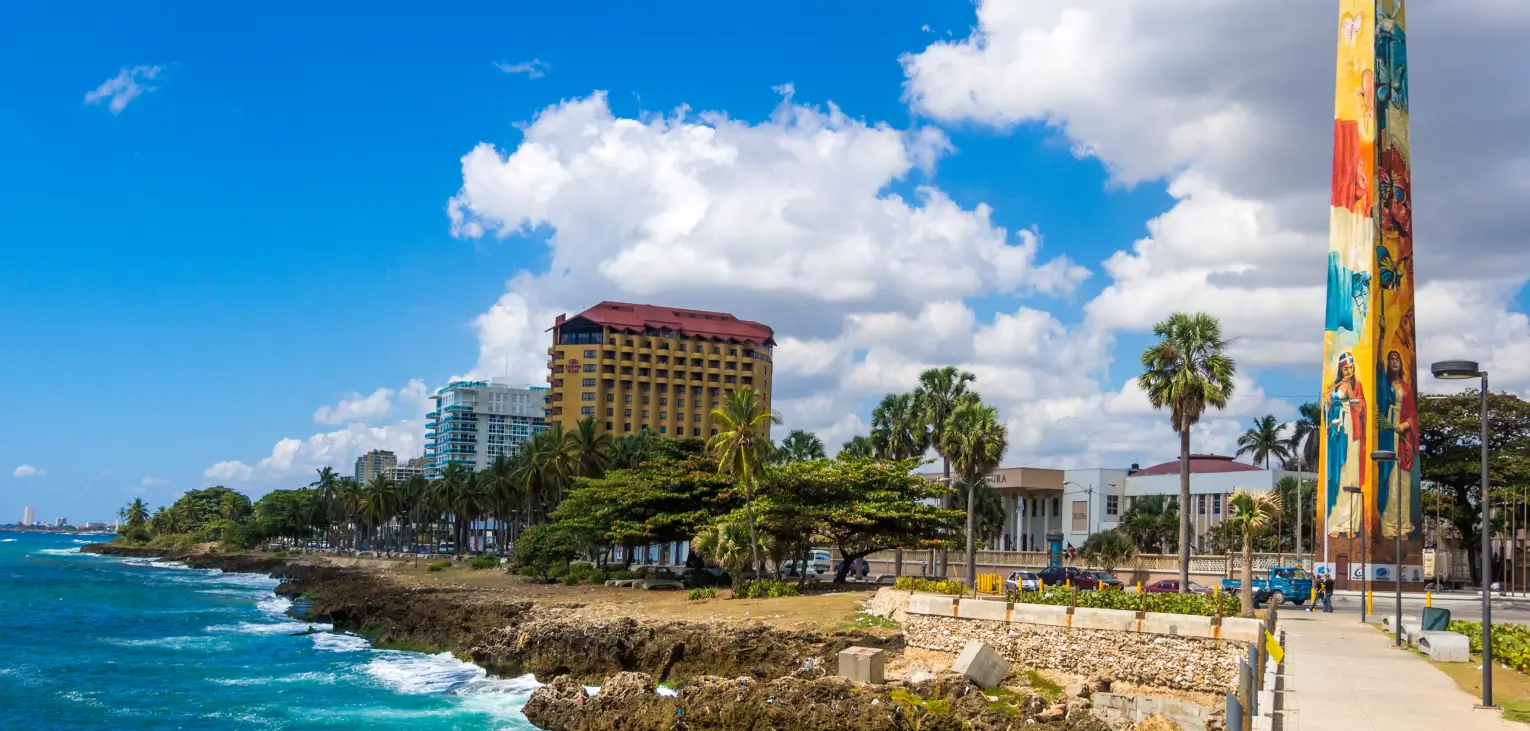
Dominican Republic Hotel Industry
August 11, 2025
As the direct beneficiary of the tourism sector, the hotels industry in the Dominican Republic staged a strong post-COVID recovery. Driven by a strong growth in tourist arrivals, average occupancy reached the pre-pandemic levels of ~71% in 2022, accelerating to 75% in 2023 and to 77% YTD to September 2024. With the government aiming 20 million annual visitors (double the current 10 million) over the coming decade, there is a significant scope for the expansion of hotel rooms. Key trends include the rise of boutique hotels and eco-friendly resorts, shift toward non-hotel accommodation, and the proliferation of online booking services.
The hotels industry in the Dominican Republic staged a strong post-COVID recovery, driven by strong tourist arrivals. From the trough of 40.5% in 2020, average hotel occupancy reached the pre-pandemic levels of ~71% in 2022 on a 170% jump in tourist arrivals (combining air and cruise) to 8.5 million. The occupancy further increased to 75% in 2023, driven by a record 10 million tourist arrivals. This trend is expected to continue in 2024, with arrivals expected to touch 11 million. YTD to September 2024, the occupancy has increased to 77%, driven by record tourist arrivals of 8.3 million from January to September. The country’s GDP grew 5.1% from January to September 2024. During this period, hotels, bars, and restaurants grew 6.3% on thriving tourist arrivals as mentioned earlier.

Pent-up travel demand for “sun and beach” destinations primarily boosted international tourist arrivals to the DR post COVID. The sharp recovery was also driven by a well-coordinated, multi-pronged campaign that involved seeking ways to capitalize on non-traditional markets and creativity in promoting new segments in luxury, sports, and wellness, among others. The country also implemented the ‘Plan for the Responsible Recovery of Tourism’ in 2020 that helped the country reopen its borders early in the pandemic by expeditiously vaccinating tourism workers.
Over the past two decades, the number of hotel rooms in the DR have nearly doubled, from about 50,000 in early 2000s to nearly 90,000 as of Q1 of 1Q24. With the Government targeting 20 million annual visitors (double the current 10 million) over the coming decade, this trend is expected to continue. In 2023, about 1,800 rooms were added to the inventory. At the end of Q3 of 2024, hotel construction pipeline stood at more than 14,000 rooms across 59 projects in the DR, per Lodging Econometrics’ ‘Q3 2024 Latin America Construction Pipeline Trend report’. Majority of these projects are expected to be completed within the next five years. Province-wise, La Altagracia has the highest number of hotels with more than 50,000 rooms or 60% of the country’s total room count of about 85,000 in 2022. Puerto Plata followed with 12,400 hotel rooms.

In line with the global trend towards eco-friendly tourism, the DR tourism sector is also embracing this shift and taking initiatives to meet the growing demand of travelers for hotels that offer eco-friendly accommodations and personalized experiences. In Punta Cana, several eco-lodges have emerged that blend luxury with sustainability.
Another trend is the rise of boutique hotels and eco-friendly resorts. These smaller accommodations also cater to the growing preference of travelers for eco-friendly accommodations and personalized experiences. All-inclusive resorts are popular among travelers that seek convenience and value for their money.
Post the pandemic, the share of hotels in overall accommodation has been declining, from about 78% in 2019 to about 53% in 2021 but this increased slightly to 60% in 2022 and reached 2019 levels of 78% in 2023. Short-term rentals on platforms like Airbnb, Booking, and Expedia lead the other accommodation choices for visitors. This option is particularly popular among younger tourists who visit multiple destinations and can stay at Airbnb for one location and a hotel for another. However, the impact of this trend on hotel occupancy has been minimal due to the availability of limited rooms vis-à-vis the large number of tourist arrivals.

The rise of online booking services continues to drive the hotel market by making it easier and faster for travelers to research and book accommodations. The share of online booking versus offline booking continues to increase, and reached 72% in 2024 from about 57% in 2017. This is projected to cross 80% by 2029. In September 2024, the top two websites in the Dominican Republic for travel and tourism were Booking.com and Airbnb.com, with visits of 855k and 691k, respectively.

Driven by record tourist arrivals, the hotels industry in the Dominican Republic staged a strong post-COVID recovery, with occupancy reaching 77% in 2023 from the 2020 trough of 40%. This trend is expected to continue in 2024, with arrivals expected to touch 11 million. With the Government targeting 20 million annual visitors over the coming decade, the prospects for the hotels industry in the DR look promising over the longer term.

